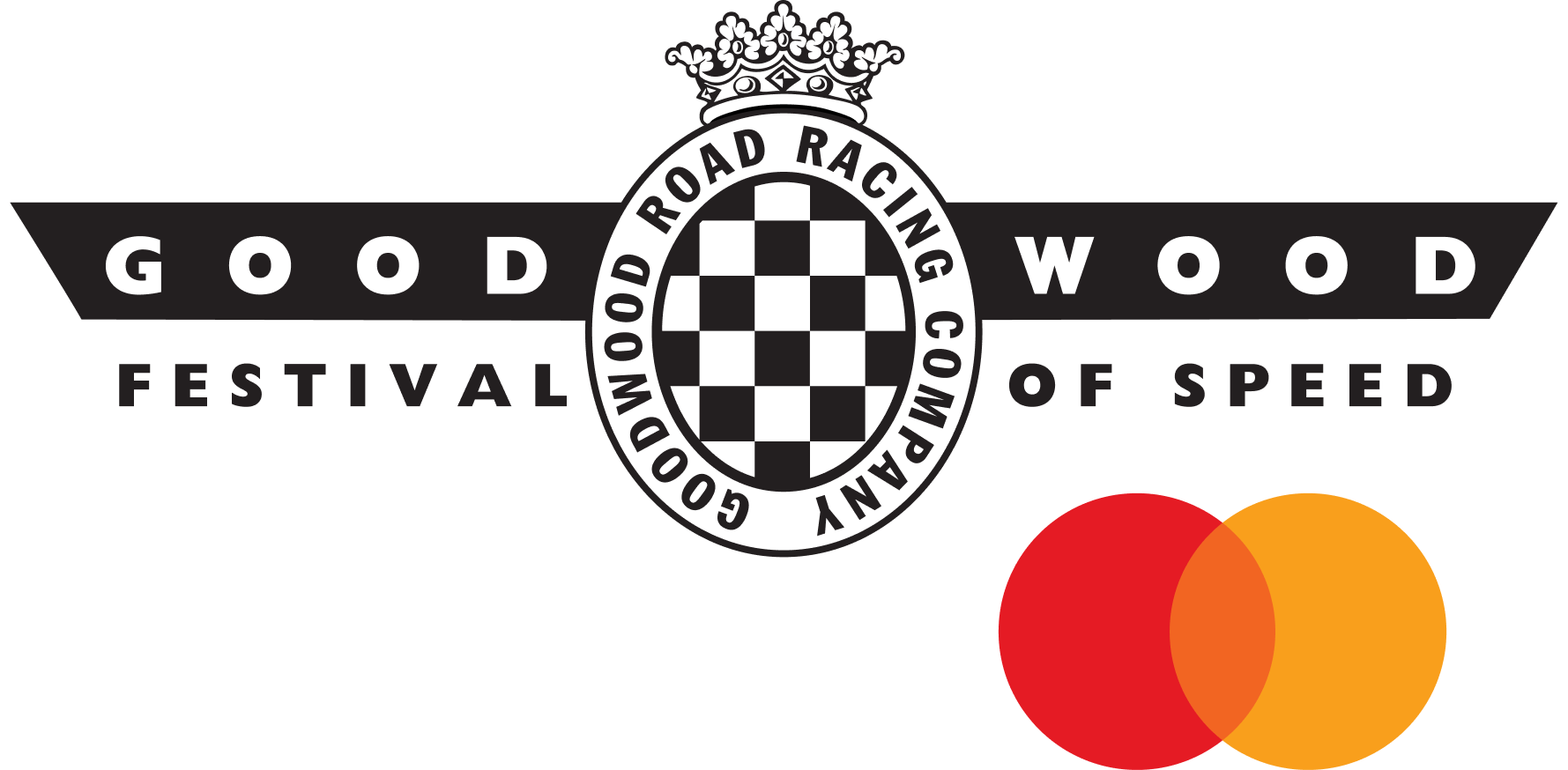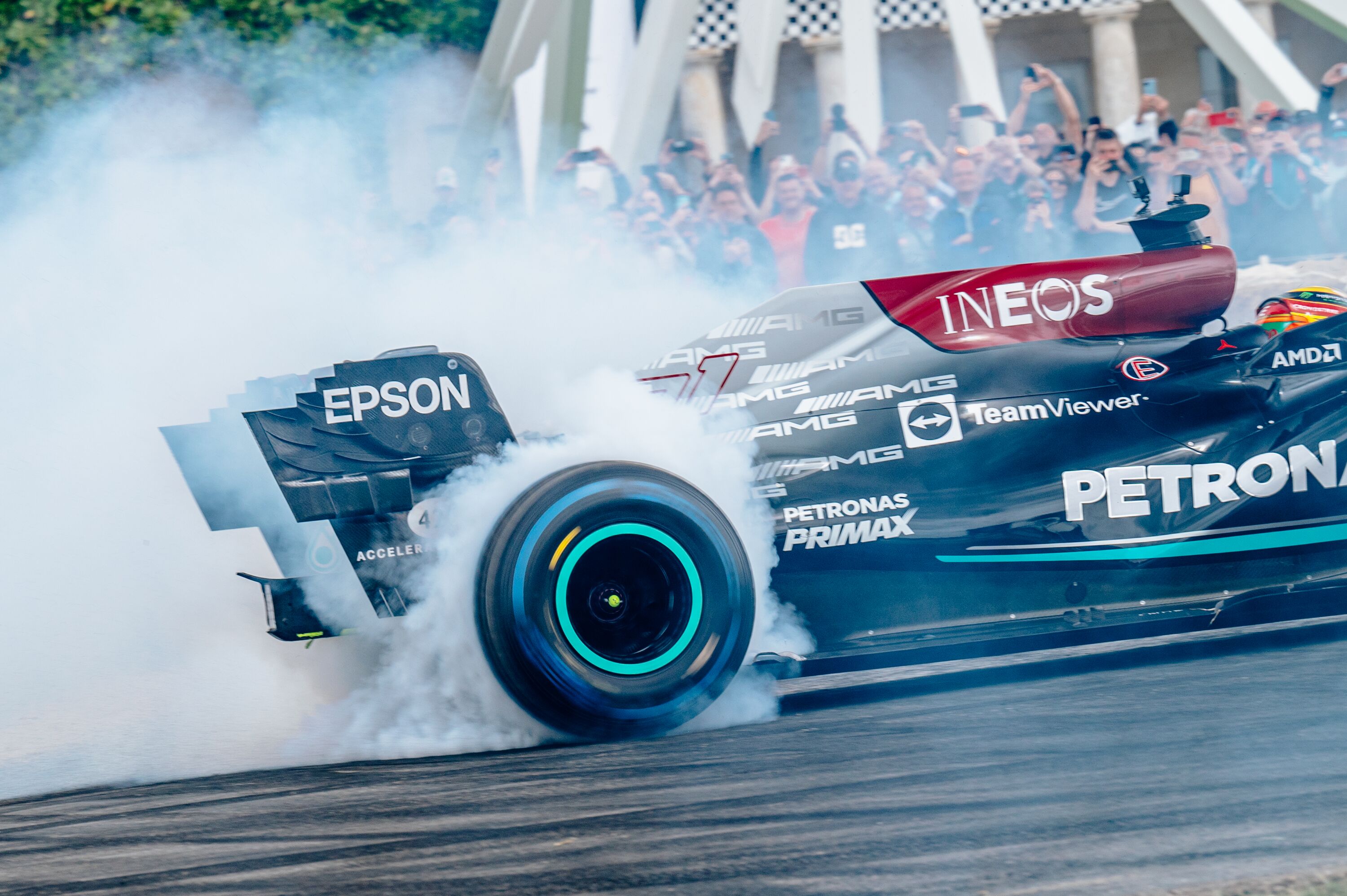Track-only 911 GT3 Cup revealed
Here it is at last, the sportscar the world has been waiting for: the new Porsche 911 GT3. Bit too racy for you? There’s a reason for that: the car you see here is the 911 GT3 Cup, seventh generation of what Porsche says is the world’s most popular racecar.

We will have to wait a while yet for the roadgoing GT3 – surely one of next year’s most eagerly-anticipated new cars – but what you see here is a foretaste of what we can expect. This car’s first job, though, is to convince as the debut 992-series racer and latest of a 911 one-make racing breed that began with the 964 Cup car 30 years ago.
So what can we expect? More power (510PS or 375kW), more revs (peak power now at 8,400rpm), more downforce, new front suspension and steering and, for the first time, the wider Turbo-spec body are the headlines.

The body is now 70 per cent aluminium, rather than 70 per cent steel like the previous Cup car, to keep weight down. The windows are lightweight polycarbonate while the doors, engine cover and rear wing are made of carbon-fibre reinforced plastic. Even so, the new version still weighs 35kg more than before with a dry weight of 1,260kg.
A little extra weight is unlikely to hold this machine back. Porsche says the GT3 Cup comes with a “good one per cent” advantage in lap times, depending on the circuit. That’s alongside other benefits of a two-year development that include a more aggressive design, easier handling and greater durability with less cost and time needed to keep it race-ready – special callipers allow faster brake changes, for example.

The engine, with 25PS more than its predecessor, is the new pinnacle of Porsche’s naturally-aspirated 4.0-litre flat-six. As well as the 510PS, the dry-sump engine delivers 470Nm of torque at 6,150rpm, all figures likely to be duplicated for the roadgoing GT3. You might even be able to fill that up with synthetic fuel to lower your CO2 emissions – you can do this in the Cup racecar.
Like its predecessor, the engine needs a maintenance check only after 100 hours of track time. A major overhaul of the six-speed transmission is due after 120 hours of racing.
Swapping front struts for double wishbones and using the wider body – allowing 12-inch wide rims on the front and 13-inch rims at the rear – has made the car “noticeably more precise and even more fun” according to Porsche. Another major change is the switch from hydraulic to electro-mechanical steering.

With its new body, additional cold air inlets and “swan’s neck” rear wing the Cup car certainly looks the part: more planted and more muscular than ever. That rear wing, adjustable through 11 stages, is said to be deliver a lot more downforce for more stable handling in fast corners. The new car should also sound the part, with three different exhaust settings. The noisiest is “awe inspiring” according to Porsche.
Detail improvements range from a height adjustable driver’s seat for the first time,
a redesigned carbon-fibre steering wheel, new textile tow loops and a more efficient fire system to more user-friendly ergonomics.
Controls needed while racing – brake balance, lighting, ventilation, wet mode – are in the form of large buttons laid out on a revised panel inspired by that in the Porsche 919 Hybrid. Porsche says it is now easier to disable driver aids like ABS and traction control, as required by most Porsche Cup series, while relocating the data logger from the passenger footwell means it is easier to instal a second seat.

Porsche is aiming to break the 5,000 production mark with the new GT3 Cup. In the 30 years since the 964 Cup, 4,251 of the one-make racers have been made. With Cup series running from Scandinavia to Japan, Australia to Brazil, no car company has made more of a success of one-make sports car racing than Porsche.
“Like its ancestral lineage, the new GT3 Cup will assist a whole new generation of talented racing drivers on their path to professional motorsport and shape the face of our customer sport commitment around the world,” says Porsche Motorsport sales boss Michael Dreiser.
The GT3 Cup costs from €225,000 plus local taxes and can be ordered now, with first deliveries expected in February. Racing is set to commence in 2021 in the Porsche Mobil 1 Supercup, as well as national Porsche Carrera Cup series in Germany, France, Asia and Benelux, as well as for the first time in North America.
Each Cup car is made on the same production line in Zuffenhausen as regular 911s. And that is also where the roadgoing GT3 will emerge from next year. It is a car with a lot to live up to, but this new Cup car augurs well for something really special.
Porsche
911
GT3































































